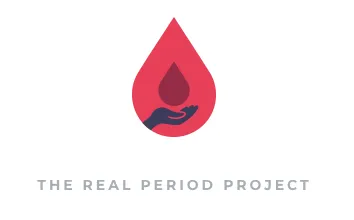Menstrual Cycle Awareness and Embodied Technologies
Funded by: KING’S COLLEGE LONDON AHRC IMPACT ACCELERATION FUND: THEMATIC IMPACT FUND
Good menstrual health fundamentally affects whether people who menstruate can reach their full potential, including at Higher Education (HE) level (World Bank, 2022). As the 2023 BSI publication "Menstruation, menstrual health and menopause in the workplace" asserts, organisations rarely cater properly for the needs of menstruating people and consequently struggle to retain talented and experienced people. Yet, research determining how university students and staff’s menstruation experiences impact their experiences in higher education is very limited, particularly in high-income countries (Munro et al., 2021, Clancy, 2023). This research project aims to address this gap by:
1) Assessing and raising menstrual cycle awareness at King’s through staff and student information sessions about menstrual cycle awareness and tracking, designed and delivered by Director and Co-Founder of the Real Period Project, Emily Stewart, and
2) Running focus groups with menstruating students and staff at King's, about how the menstrual cycle informs their work and study, and about how they might use digital tools—in particular, period tracking apps— to understand how their menstrual cycle impacts their academic and professional performance and wellbeing.
The issues addressed by this project have broader significance for the HE sector, since periods affect people who live, work, teach or are friends with people that menstruate, as well as menstruators themselves. As well as empowering students and staff to understand and anticipate why and when they might feel a certain way during phases of their cycle, increased awareness and understanding can inform structural changes within the HE sector to ensure menstruating students and staff are supported to meet their full potential (Munro et al., 2021).
Relatedly, whilst public awareness of how the menstrual cycle informs productivity in the workplace increases, there is a growing public awareness of the privacy risks associated with tracking menstrual cycles through digital technologies like apps (King’s College London, 2024). We will thus also contribute to research on experiences of menstrual cycle tracking technologies (e.g., Healy, 2021), focusing on the issues that such apps can create in relation to privacy breaches. In doing so, we shall explore opportunities for embodied menstrual tracking that is not violating of privacy rights.



